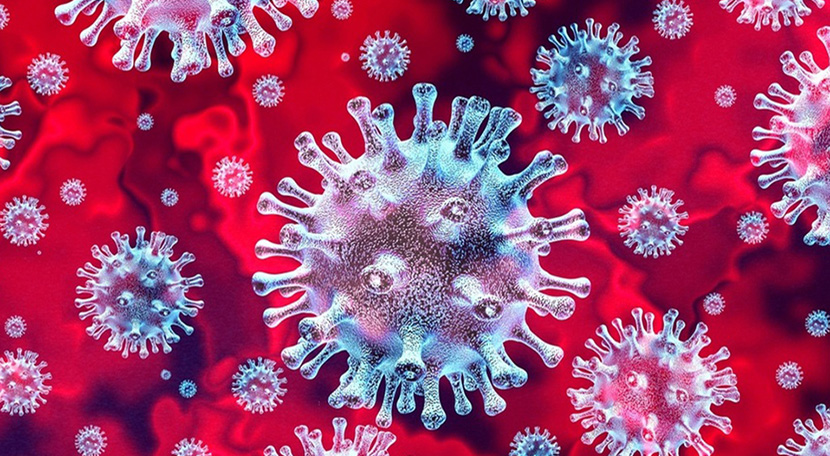
COVID-19- The vast majority of patients with a minor form develop neutralizing antibodies
Teams from Strasbourg University Hospital and the Institut Pasteur carried out a study among hospital staff on the two sites of Strasbourg University Hospital. After observing 160 people with minor forms of COVID-19, the scientists concluded that nearly all the patients developed antibodies within two weeks of being infected. In 98% of the patients, neutralizing antibodies were detected after 28 days. This suggests that even those with minor forms of the disease develop antibodies that could confer immunity for several weeks following infection. The results were presented in a pre-publication on the MedRxiv website.
The immunological response of individuals who contract minor forms of SARS-CoV-2 infection is still poorly characterized.
Teams from Strasbourg University Hospital and the Institut Pasteur studied 160 volunteers, all members of hospital staff from the two sites of Strasbourg University Hospital, who were infected by SARS-CoV-2 (with a positive diagnosis after a PCR test) and developed minor forms of the illness that did not require admission to hospital.
The presence of anti-SARS-CoV-2 antibodies was measured using two techniques, a rapid diagnostic test and a test known as S-Flow developed by the Institut Pasteur. The neutralizing activity of the antibodies was measured with a pseudovirus neutralization assay.
The median time between when the symptoms emerged and the blood samples were taken was 24 days (between 13 and 39 days). The rapid immunodiagnostic test detected antibodies in 153 (95.6%) of the samples and the S-Flow test detected antibodies in 159 (99.4%) of the samples. Neutralizing antibodies (NAbs) were detected in 79%, 92% and 98% of the samples, respectively 13-20, 21-27 and 28-41 days after the emergence of symptoms.
The study demonstrates that SARS-CoV-2 antibodies are present in virtually all hospital staff who previously tested positive by PCR. The neutralizing activity of the antibodies increases over time, suggesting that people are developing potentially protective immunity.
"We knew that individuals with severe forms of the illness were developing antibodies within 15 days of the start of symptoms. We now know that the same is true for those with minor forms, even if the antibody levels are likely to be lower," comments Arnaud Fontanet, one of the authors of the study and Head of the Institut Pasteur's Department of Global Health.
"Our study shows that in most cases, antibody levels are compatible with protection against new infection with SARS-CoV-2 for at least 40 days after the beginning of symptoms. The aim now is to evaluate the long-term persistence of the antibody response and its neutralizing capacity in these healthcare workers," explain Timothée Bruel, a scientist in the Institut Pasteur's Virus and Immunity Unit, and Olivier Schwartz, Head of the Unit.
"The results of this study are very encouraging for people already infected by the virus. Even after developing a mild form of COVID-19, they are capable of generating protective antibodies that are present at least 40 days after the emergence of symptoms. We now need to verify the persistence of these antibodies over time. The results are also good news for future vaccine strategies," concludes Professor Samira Fafi-Kremer, Head of the Virology Department at Strasbourg University Hospital and first author of the study.
Leave a Reply












0 Comment